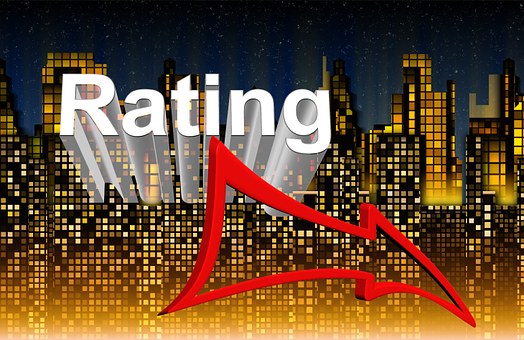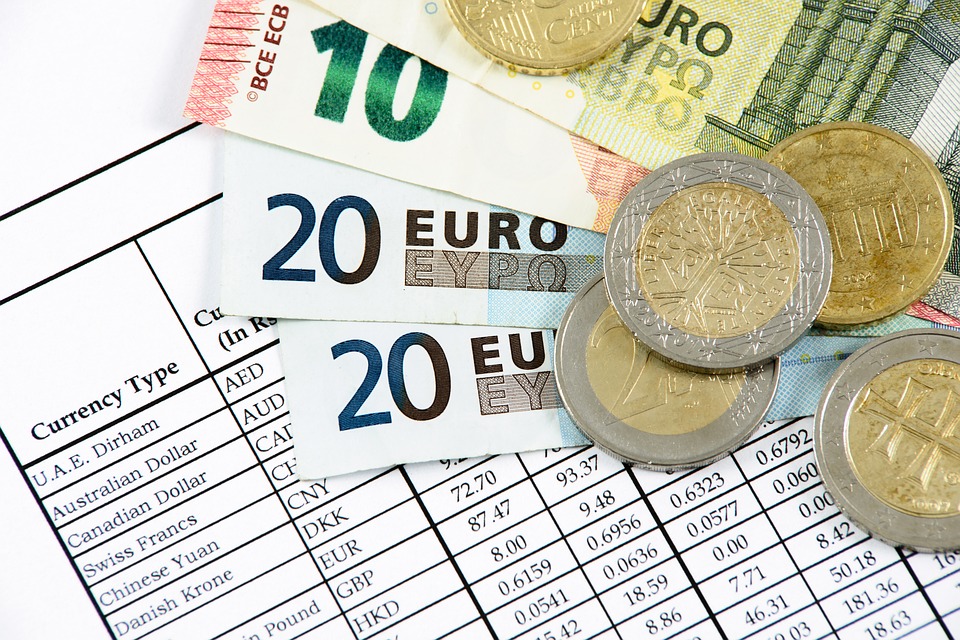Cash flows rely highly on exchange rates, and that is why financial managers and multinational companies monitor the exchange rates carefully. Exchange rates fluctuate with changes in economic conditions, and that can affect the value of a company. Here are the some of the factors that affect the rate of exchange;
Rate Of Inflation
International trade activities can be affected by changes in inflation rates. Changes in  inflation rates affect the demand and supply of currencies hence influencing the exchange rates. For example, a high inflation rate in the USA will reduce the value of the dollar because the prices of the goods and services are increasing at a faster rate. Hence, their products will appear more expensive to foreigners leading to the reduction in their exports. When that happens, demand for the dollar goes down. The dollar circulates in plenty, and that is what makes it lose its value.
inflation rates affect the demand and supply of currencies hence influencing the exchange rates. For example, a high inflation rate in the USA will reduce the value of the dollar because the prices of the goods and services are increasing at a faster rate. Hence, their products will appear more expensive to foreigners leading to the reduction in their exports. When that happens, demand for the dollar goes down. The dollar circulates in plenty, and that is what makes it lose its value.
Interest Rates
Changes in interest rates cause investments in foreign securities to be affected. That, in turn, influences the demand for and supply of currencies hence affecting exchange rates. Investors will make an investment where in the case of any risk; the returns will still be high. To invest or lend in another country, the investors must have the nation’s currency. That increases the demand for the currency hence increasing its value.
Income Levels
Income can affect the imports that are being demanded. That, therefore, affects exchange rates. For example, if the income levels of the UK rise and the U.S income remains unchanged, the demand for dollars will increase and demand for the U.S goods and services. Also, the supply of dollars is not expected to change therefore the currency appreciates in value.
Political And Economic Factors
 Most investors tend to avoid risks. They will, therefore, invest their funds where there is a high level of certainty. Investors rarely invest in countries that have political instability. Countries that are stagnant in their economic aspect have low levels of investments. International investors will invest in countries that exhibit strong signs of economic growth. Such countries will attract more investment, therefore, increasing demand for its currency. That leads to an increase in its value.
Most investors tend to avoid risks. They will, therefore, invest their funds where there is a high level of certainty. Investors rarely invest in countries that have political instability. Countries that are stagnant in their economic aspect have low levels of investments. International investors will invest in countries that exhibit strong signs of economic growth. Such countries will attract more investment, therefore, increasing demand for its currency. That leads to an increase in its value.
Government Controls
The governments of other countries can affect the equilibrium exchange rates. There are several ways that they can do that. For example, imposing foreign exchange barriers, and foreign trade barriers. They can also intervene In the foreign exchange market and affect macro variables like inflation, interest rates, and income levels.

